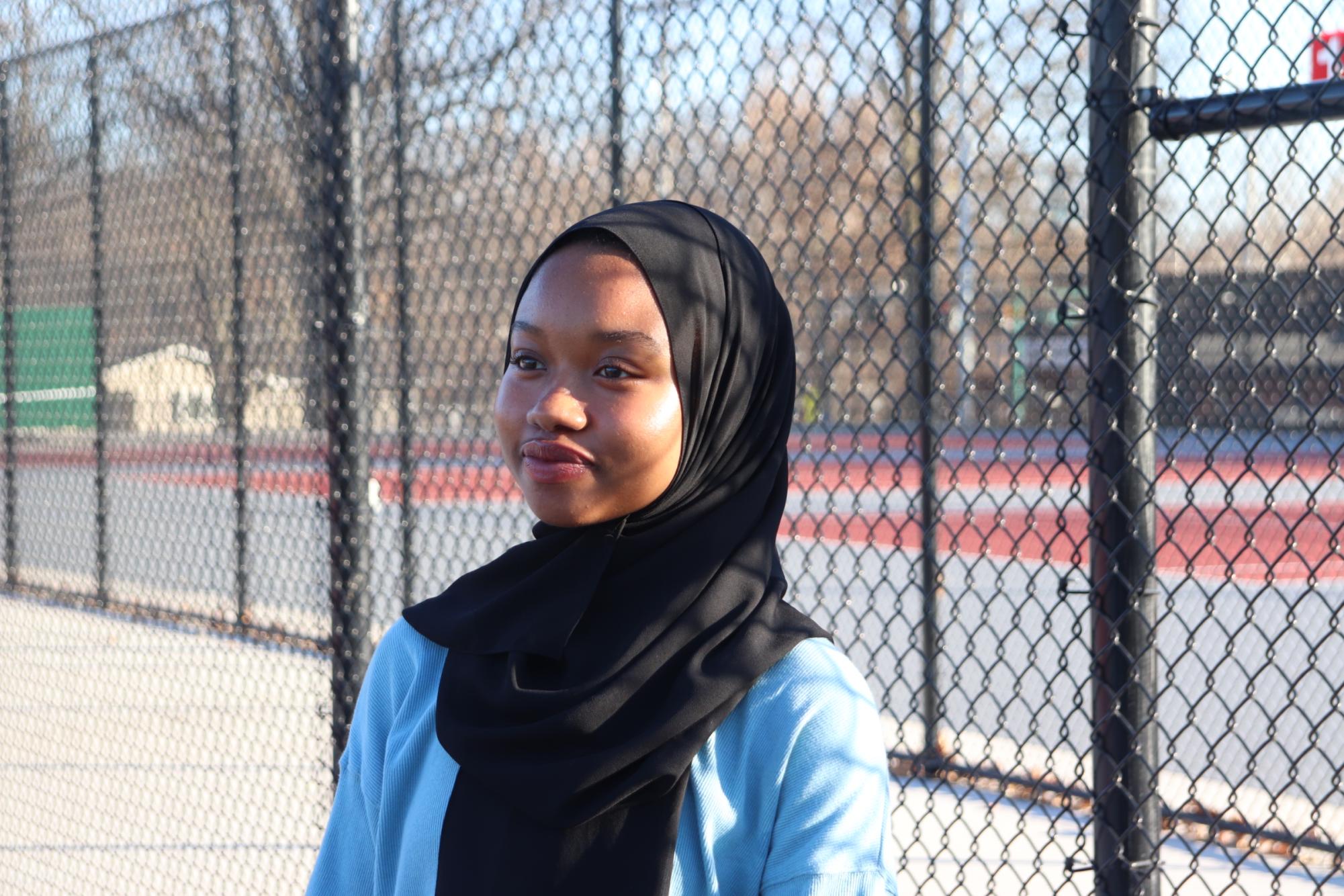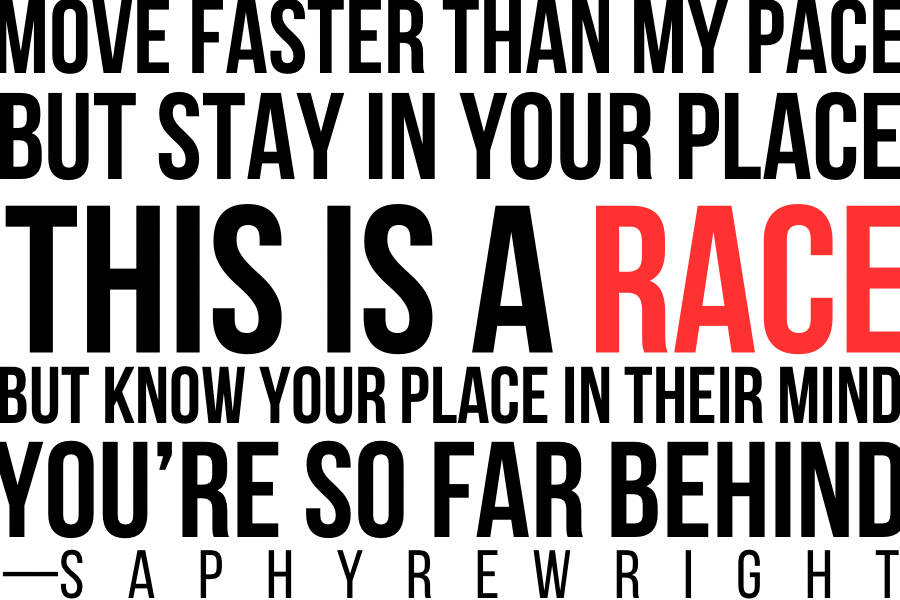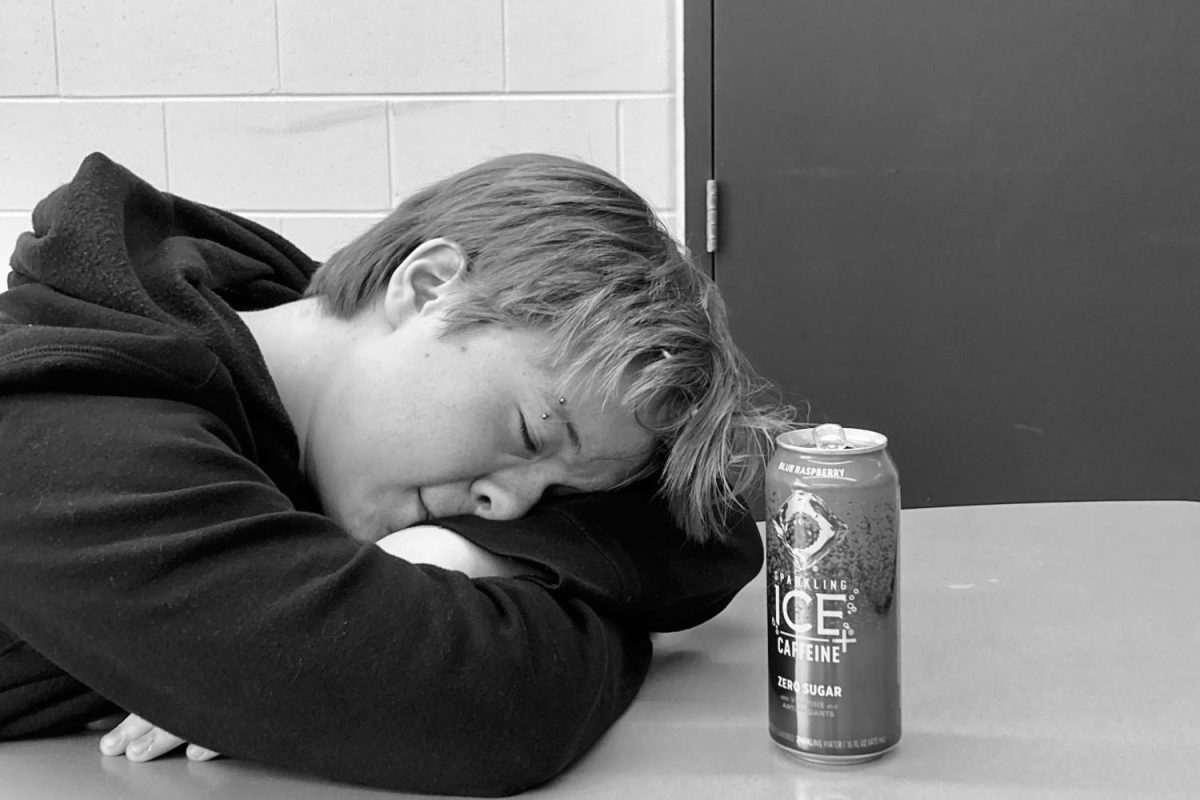The Little Hawk: Do you recall the first time you’ve ever fasted? When and how was your experience?
Amal Eltayib ‘26: I remember my first time fasting in 5th grade, but only for the school day. It was super challenging at first, but I learned to have a lot of self-control and fun as the day went on. P.E. was definitely the hardest part of the day because everyone was very energetic in elementary school.
Kadyja Bah ‘25: The first time I attempted fast, I was maybe eight or nine years old. I was doing just fine until I went to my cousins and drank water.
Hassanatou Diallo ‘24: The first time I fasted was when I was around eight or nine. I would fast for a few days out of the thirty days and enjoyed it because I didn’t feel left out when my parents and older brother were fasting. I don’t recall my exact first experience but it was challenging.
TLH: How were you first exposed to others’ views regarding the idea of Ramadan?
AE: I was first exposed to others’ views regarding the idea of Ramadan when my 3rd grade teacher asked me and a couple of other Muslim students to make a presentation on the month. Everyone was asking questions and seemed very curious about the month — it was definitely nice to see how open everyone was, despite Ramadan being atypical for them.
KB: People at the time didn’t understand the true reason for why I was fasting, and truly thought I was doing it for attention or pity.
HD: Growing up in a diverse area in Chicago and being surrounded by Muslims, it was very communal and festive. However, as I got older and started using social media, I noticed that people had many assumptions about Ramadan and made it out to be something negative. I think there are many misconceptions about Ramadan and sometimes people are reluctant to learn more so they just stick to what they are familiar with.
TLH: Describe Ramadan in your own words.
AE: Ramadan, to me, is a time of self reflection. It’s that one reminder for Muslims to take a step back and remember why they worship Allah and how they can make themselves better. It’s the month where we can set goals on how to become closer to Allah, and catch any part of their life where they are lacking.
KB: I would describe it as peaceful, productive, and soulful.
HD: For me, Ramadan is all about self-improvement and discipline. It’s a month of self-reflection and charity. It’s not about perfection but establishing good habits that you can keep even after Ramadan. I enjoy learning more about Islam because it’s an interesting and complex religion.
TLH: Describe how Ramadan is observed in your household & community.
AE: My entire family gathers before sunrise and we eat dates and get lots of fluid in. Dates are a very popular fruit to eat before fasting. At sunset, we all eat a big feast together and celebrate another day of Ramadan.
HD: In my family, we wake up at dawn to eat a meal. It’s usually me and my parents and occasionally my younger siblings. To break our fast, my mom (and sometimes me) prepares many cultural dishes for our family. We also make meals to give out to others. In my community, we attend prayer at night called Taraweeh. It’s nice to be surrounded by many people who share the same religion as you.
TLH: What has your experience been at City fasting while playing a sport?
AE: It was definitely a change from what practice had been like before. Since I do Track and Field, most of the work is very taxing on the body and it took some time to get used to. Luckily, I have amazing coaches who understand and respect Ramadan and are able to do what’s best for me.
KB: It’s been a journey because I feel different every practice. I could be more tired or more hungry, or some days I feel like Naomi Osaka. On days that I struggle, I feel very nauseous and weak which makes practice harder and longer.
HD: It’s challenging, especially when the days get warmer and I get thirsty. But overall, the environment in Tennis is friendly, and playing with my friends makes it really fun.
TLH: How do you conserve your energy & determination throughout your day-to-day?
AE: I’ve learned that proper nutrition the night and morning before practice is an absolute must. I make sure to get both enough food and water so I don’t feel queasy or un-energetic the next day. This is especially important during track, when we’re doing lots of heavy cardio and energy-taxing work.
KB: What works for me is having a light suhoor and taking my morning slow and calm.
HD: I wake up to eat a meal at dawn, usually something nutritious and filling. As for my determination, it’s knowing that I have goals I want to accomplish and at the end of the day I want to go to bed knowing that I tried my best. It isn’t always like that and sometimes I procrastinate, but I try to push myself.
TLH: What are some frequently asked questions regarding Ramadan?
AE: One of the most common questions is, ‘can you not drink water, chew gum, or anything else that doesn’t involve eating?’ The answer is you can’t. Fasting doesn’t just mean not eating, it means not drinking. And gum counts as food.
KB: A lot of people think you can’t break your fast or that you can drink. And also think it’s just about not eating but it’s more than that.
HD: One of the most common questions I hear is, ‘why do Muslims fast.’ Fasting is a form of spiritual discipline and is a way to empathize with those who aren’t as fortunate. It’s a way to show compassion and be more generous.
TLH: Is there a Muslim athlete that you can relate to and why? Are they seen as an inspiration?
HD: A Muslim athlete I can relate to is Bilqiis Abdul-Qaadir. She was a former basketball player and I relate to the fact that we both wear hijabs. She was the first woman to play basketball in a hijab and it is inspiring to know that I don’t have to remove a part of my identity to pursue an opportunity like that.
TLH: Is there any way the ICCSD and/or City High can improve their ways of informing students on the religious holiday?
AE: I think that City High can take advantage of Advisory lessons in order to present a lesson on religious holidays. That way, they can ensure that their teaching will reach a majority of students and classrooms.
KB: I think they are doing a great job right now but City High teachers and coaches can always educate themselves to understand where their students are coming from, especially on those hard days we have. And also educate students too (and also for other religions).
HD: ICCSD has a decent amount of Muslim students so I think organizing events for the school district where everyone can be involved is great.
TLH: Describe Eid-al-Fitr in your own words.
AE: Eid-al-Fitr is a celebration marking the end of fasting. Based on my experience, Muslims gather together in the morning for prayer and usually have a big feast celebrating the month.
KB: Exciting, rewarding, beautiful, and welcoming. It’s so beautiful seeing the entire Muslim community come together for the same reasons you are; and the beautiful clothing, cultural or not, it’s amazing.
HD: Eid is a holiday that Muslims all around the world celebrate. It is accompanied by a feast and spent with family and friends and marks the end of a month of fasting.
TLH: What’s your favorite part of both Ramadan and Eid-al-Fitr?
AE: The feeling that you accomplished something difficult, and got closer to Allah in the process.
KB: Everything, you learn so much and do so much
HD: What I love most about Eid and Ramadan is the community aspect. Being surrounded by Muslims who are also fasting makes it really nice.








